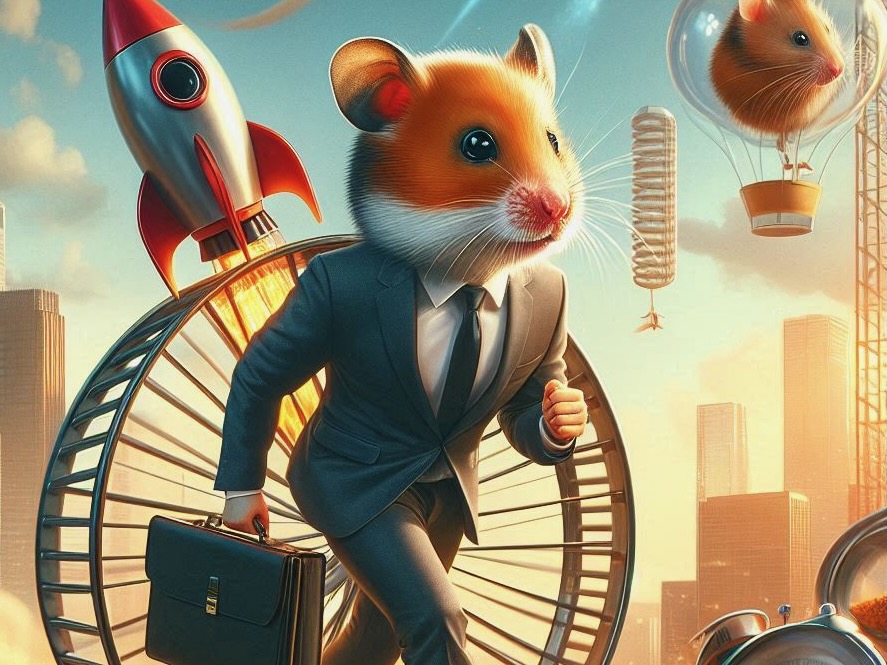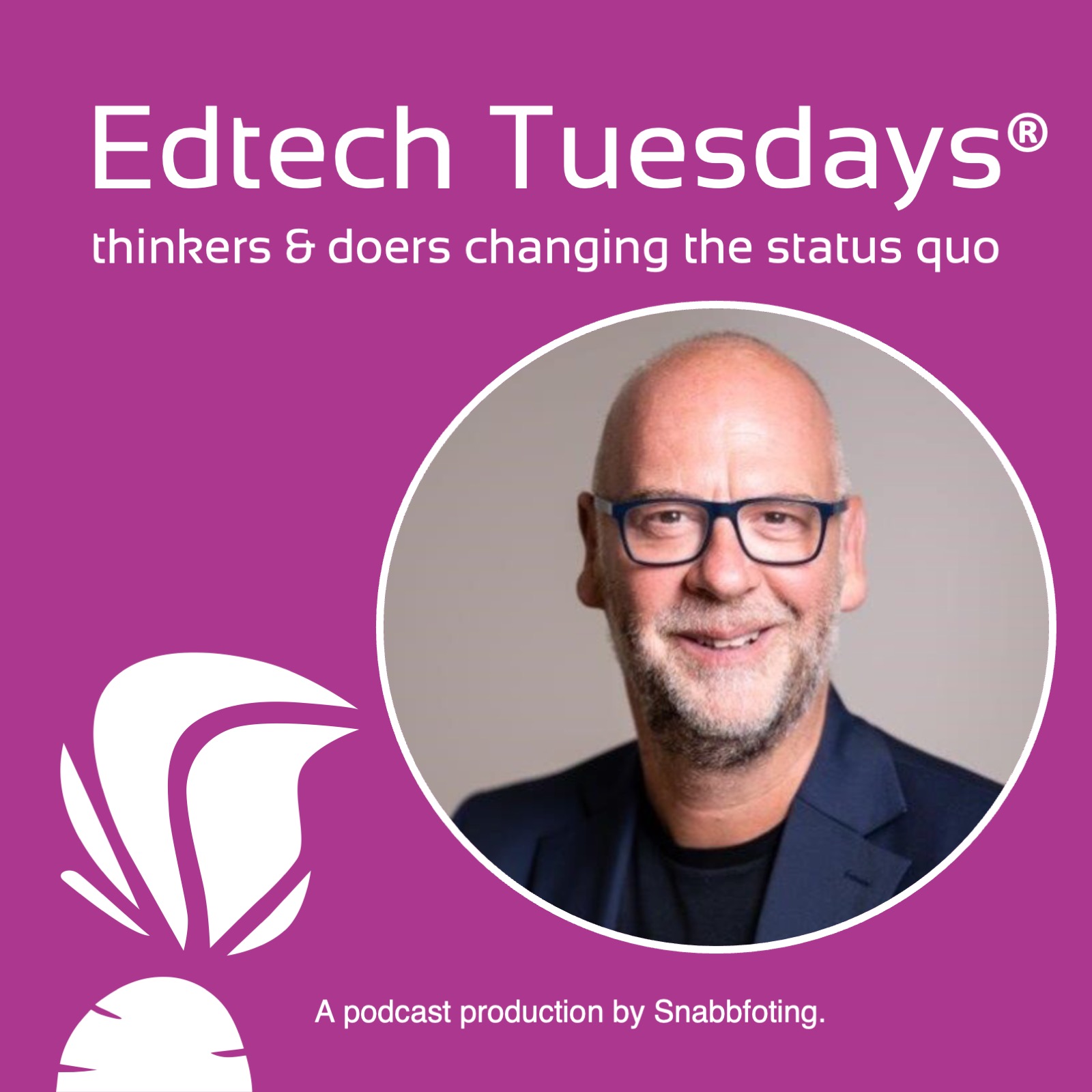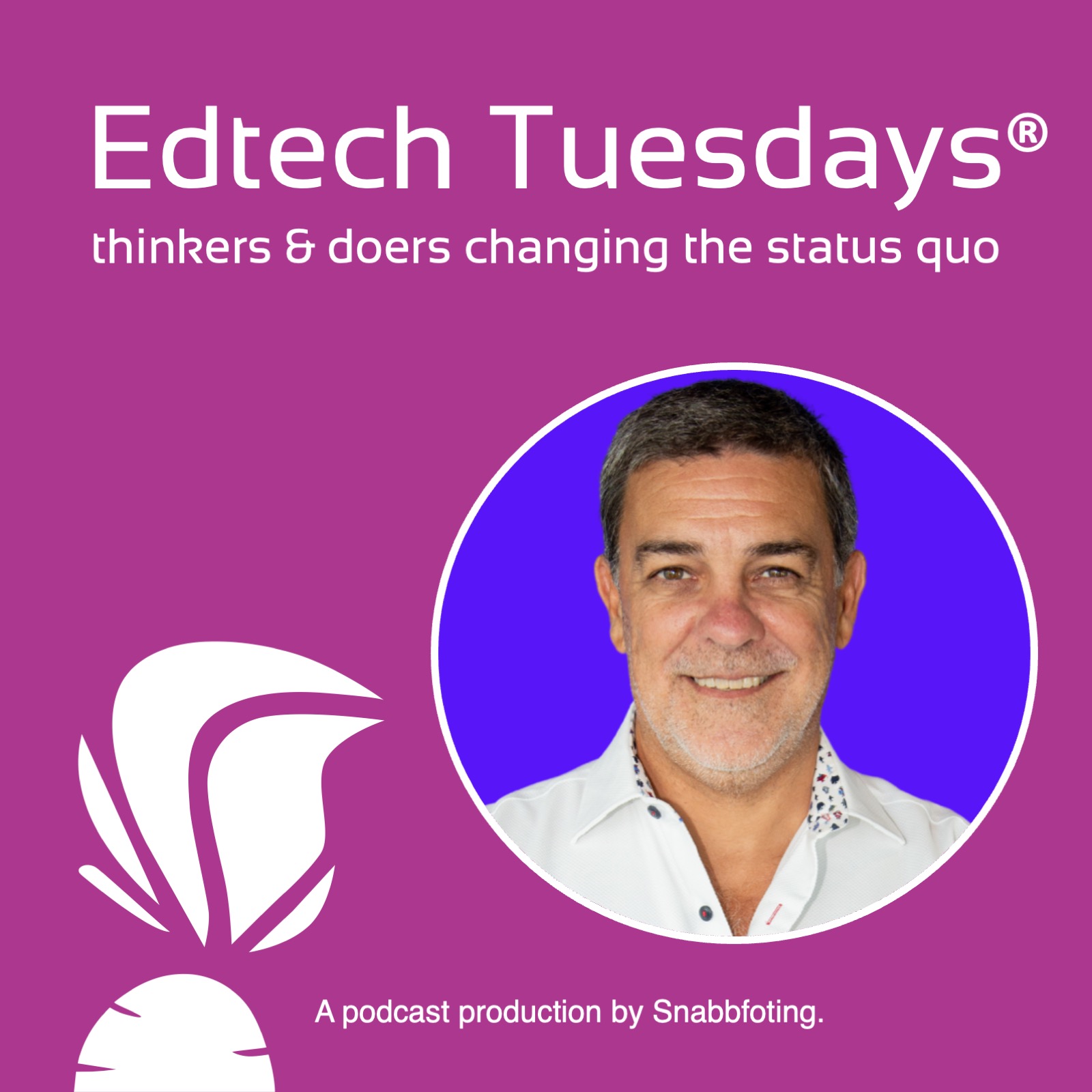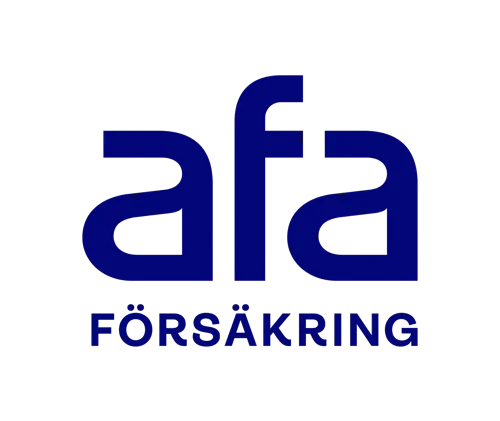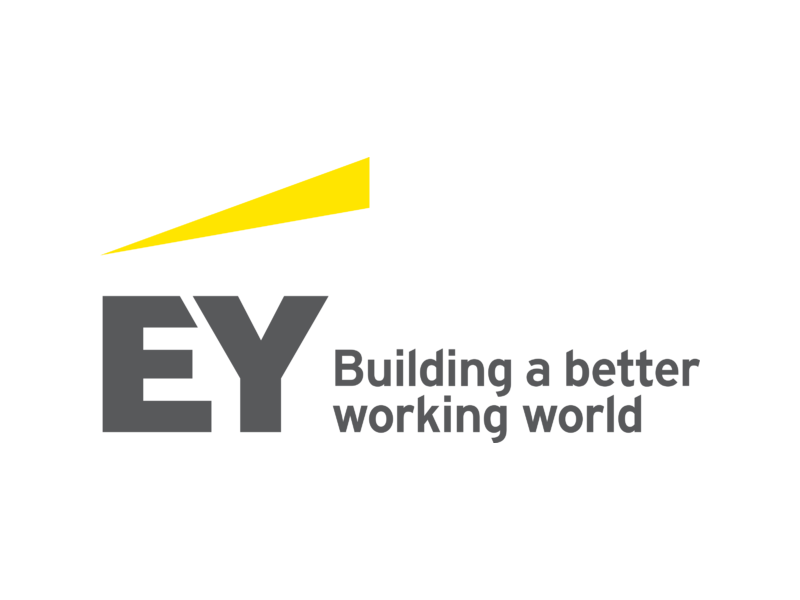The secret sauce of growth and acceleration: mentorship is a mutual agreement.
A mentor is someone who sees more talent and ability within you, than you see in yourself, and helps bring it out of you.” — Bob Proctor
Approaching your next mentorship session with a mindset of “How can I learn from this?” can be transformative. Consider what this would feel like, look like, and sound like.
Leadership and entrepreneurship are inherently challenging, but a formal mentorship provides the support, perspectives, and constructive feedback necessary to reduce blind spots and accelerate growth.
In this article, I’ll share some learnings and experiences as an entrepreneur, mentor and accountability partner in my recently professional development journey, a culture design certification at Fearless Culture.
I’m a certified workplace culture designer and facilitator who loves to help teams outperform the status quo. Let’s make things happen!
Effective mentorship
The essence of effective mentorship lies in mutual agreement and commitment, requiring effort from both parties to succeed. The most successful mentorships I have observed have involved a strong commitment and investment from both mentor and mentee. It is crucial to align on the purpose, goals, expectations, measurements, and feedback methodology. Without such stakes, both parties risk losing time and eroding the value of the investment.
”One of the greatest values of mentors is the ability to see ahead what others cannot see and to help them navigate a course to their destination.” – John C. Maxwell.
Lessons learned
A significant learning opportunity for me was almost ten years ago when I, supported and influenced by mentors and peers, developed a service offering for a new market segment. I had invested money, time, and considerable effort in sales and marketing to ensure its success. However, the market’s purchasing power and size were too small to be financially viable, making it impossible for my business to achieve any sustainable growth. I had listened to the advice and encouragement of my mentours, but they never had any stake in my success.
Without a stake in the process, their mentorship largely turned into just encouragement, but not a lot of reality checks.
Mentorship offers numerous benefits. It enhances both personal and professional growth. A study by the Swedish Chefsakademin revealed that 70% of managers and leaders engage in some form of mentoring or coaching.
Key advantages of having a mentor
Increased Self-Awareness. Mentorship encourages self-reflection and self-awareness. By receiving candid and constructive feedback from a mentor, mentees can better understand their blind spots, strengths, and areas for improvement. This is a two-way process for both parties.
Expanded Professional Network. Mentors can introduce mentees to valuable contacts within their industry. This expanded network can open doors to new opportunities, collaborations, and resources.
Accelerated Growth. Mentorship can fast-track the mentee’s development by providing them with the knowledge and skills needed to take on higher responsibilities, larger markets, and complex projects. Mentors help mentees set and achieve goals, introducing the way for progress.
Elevated Organizational Performance. When mentees grow and develop through mentorship, their improved performance positively impacts the entire organization. Effective leadership at the top can lead to better decision-making, increased employee morale, and overall organizational success.
Pitfalls to avoid in mentorship
- Lack of clear goals. It’s essential to establish specific goals and objectives at the beginning to ensure alignment on what mentors, and mentees want to achieve.
- Poor Communication. Effective communication is crucial. Misunderstandings or lack of regular check-ins can lead to frustration and disengagement. The parties should agree a commitment on the channel and frequency of their check-ins from the outset.
- Overdependence. While mentors provide valuable guidance, mentees should avoid becoming overly dependent on them.
- Lack of Feedback. Candid and constructive feedback is essential for growth. Ask for and provide candid, actionable feedback.
- Avoiding Issues. If problems arise, they should be addressed promptly. Ignoring issues can lead to resentment and a breakdown in the relationship.
- Focusing Only on Short-Term Goals. While short-term goals are important, long-term progress is crucial. Mentorship should help mentees build skills and knowledge that benefit their independence and growth.
Well-known mentor-mentee pairs
Sheryl Sandberg and Mark Zuckerberg
A notable example of successful mentorship is the relationship between Sheryl Sandberg and Mark Zuckerberg. When Sandberg joined Facebook as COO, she brought extensive experience and strategic insights that helped Zuckerberg navigate the challenges of scaling the company. Their collaboration led to significant growth and success for Facebook, demonstrating the powerful impact of mentorship.
Warren Buffett and Bill Gates
Warren Buffett, one of the world’s most successful investors, mentored Bill Gates, the co-founder of Microsoft. His insights on business and philanthropy have greatly influenced Gates’ approach to both career and his charitable endeavors.
Maya Angelou and Oprah Winfrey
Renowned poet and author Maya Angelou mentored Oprah Winfrey. Angelou’s guidance helped Winfrey navigate her career and personal challenges, significantly influencing her success as a media mogul.
What I love about mentorship
Something transformative occurs when you show vulnerability, humility and mutual respect as a mentor or mentee. This is essential ingredients in the interaction when sharing and confiding your weaknesses, strengths, career, and business aspirations. Through the courage to seek help, improved self-awareness, and actionable insights, the mentee can achieve significant results.
In my recent professional development journey, I engaged in a mutual Success Partnership with a senior change designer and facilitator, a mutual Accountability Partner. This concept, created by Gustavo Razetti at Fearless Culture, has been instrumental and was both committed, and responsible for engaging in both parties’ success.
This Success Partnership has been key in accelerating and ensuring the quality of my personal and professional development during my certification as a Culture Consultant Designer. I have received candid and constructive feedback, become aware of my blind spots, and gained new perspectives on culture design.
The benefits for me have been profound. I have experienced a significant increase in self-awareness, which has unlocked my potential to facilitate teams more flexibly and proactively proactively. On top of that, I have grown more comfortable not needing all the answers, allowing me to lead with confidence and authenticity.
What’s next? How can you succeed?
”Mentoring is not about making people like you, but about helping them become the best version of themselves.” – David Stoddard
Consider the following questions:
- What bold and compelling goals and dreams do you want to achieve?
- How can you avoid the pitfalls of mentorship?
- How equal behaviors and traits does your mentor have compared to you?
- What can you add to the mentorship relationship to accelerate progress?
- How can you improve EQ and intellectual humility? Make an assessment.
- How strong are your relationships? Your relationships affect your chances of success.
“If your actions inspire others to dream more, learn more a, do more and become more, you are a leader.” – John Quincy Adams
Life, career and success isn’t just about the titles or the salary. It’s about the journey, the people you influence, the lessons you learn, and the person you become.
I would love to know your experiences from personal and professional growth and what resonates with you. Follow my newsletter on Substack and LinkedIn!
Contact me to discuss how I can support your mentorship and feedback culture in a free consultation.
About Snabbfoting
Snabbfoting connects people to what really matters in their work-life. With support from science, we work with a modern approach where culture and learning are a continuous journey rather than a single event. We serve customers in the Nordics, Europe, and the US, with workplace culture design, continuous learning, and technology as an enabler.

